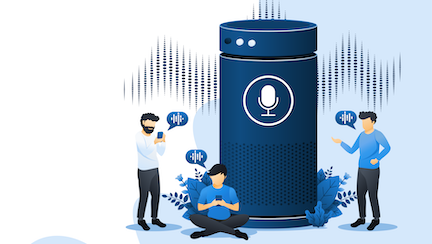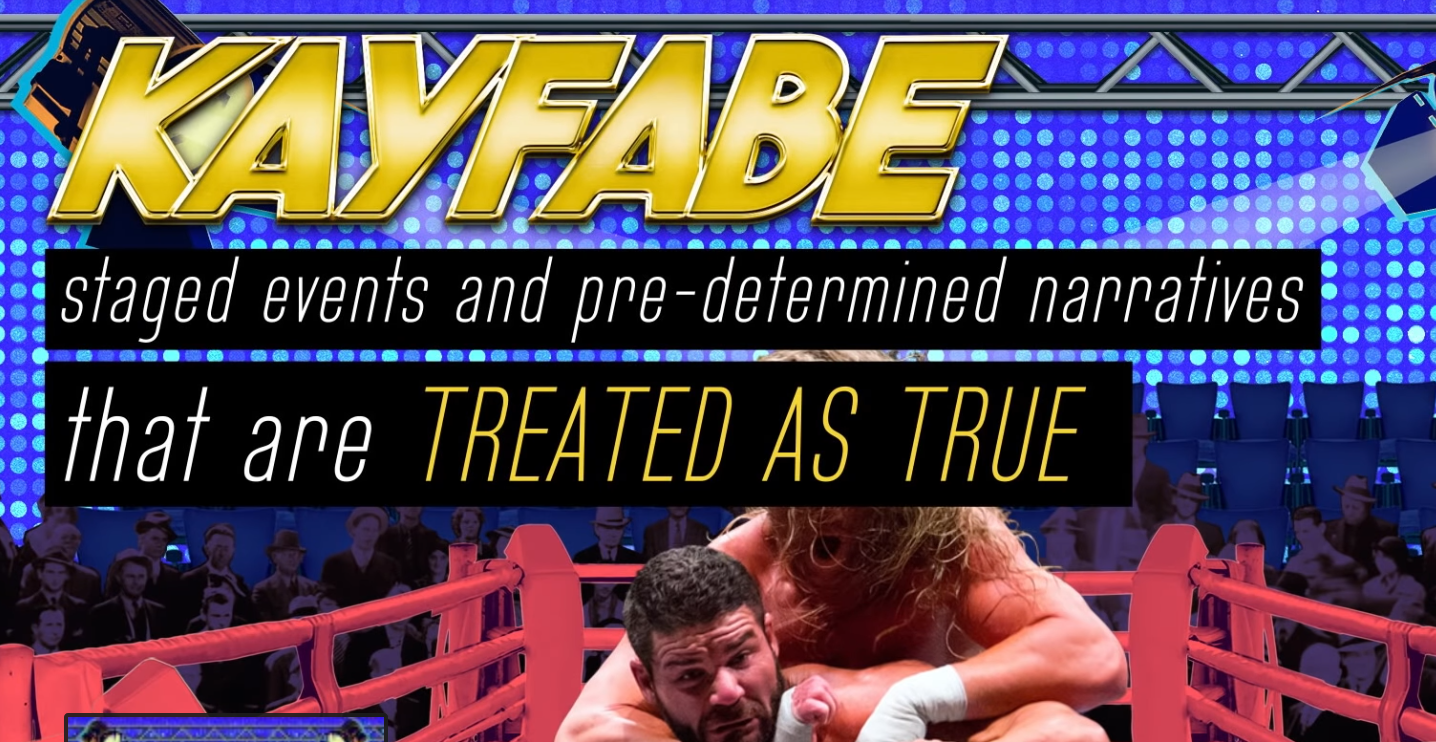
The power of consistent content. What Facebook’s content lawsuit reveals.
Consistency is the key to creating results in life. This also applies to the effectiveness of content. Consistent exposure to content can be good, or as in this case with Facebook, it can be horrifying.
Facebook and their psychologically damaged content moderators.
It’s a story I’ve been following with interest for more than a year.
Facebook content moderators, most being contractors, have suffered trauma and Post-Traumatic Stress Disorder (PTSD) from looking at the relentless torrent of content, some of it vile, that gets uploaded to the site by users every day.
The company recently settled a class-action lawsuit and agreed to pay 52 million dollars to many of those contractors for damages inflicted on their psyche.
I think if you understand how a person’s exposure to content works, the effect of Facebook’s content on the human moderators was unavoidable. Well, save, not hiring them in the first place. As I’ll explain shortly, most humans are no match for the frequency of content. But first, some might ask this question…
Why not just use Algorithms to review Facebook content?
Algorithms, artificial intelligence programs, can look at a lot of content that humans and identify clearly defined offensive content (e.g., Black people smell or a picture showing blood and murder).
However, they have a very limited ability to detect the nuances of content that may feature depravity or hate. For example, depending on if you are talking about a slot machine or Asians, saying “ching, ching, ching” may or may not be interpreted as offensive. According to Bloomberg, the current algorithms can only detect around 38% of hate speech.
Due to the limitations of AI, Facebook hired people to apply human judgment to reviewing appropriate content. This had them looking at a cavalcade of hateful messaging, conspiracy theories, disgusting images, and political rhetoric over and over.
An article from last year from Bloomberg described the resulting trauma of being presented with an endless procession of graphic violence, demented thoughts, and disturbing sexual activities.
The exposure to content featuring depravity and conspiracy theories wore the moderators down.
As many contractors developed post-traumatic stress disorder, they attempted to cope by drinking and, according to the Bloomberg report, sex with each other in the office. One contractor viewing conspiracy theories posted on Facebook noted that, despite knowing better, he began to believe them.
These are people who consciously attempted to steel themselves against vile and deranged content. Yet, many were still traumatized by it. Why is that?
I would argue that it’s the power of relentless content.
Think of content like water. It seems harmless on its face. You can drink it. Play with it. It absorbs force to the point we are not afraid to dive into it.
However, its enormous power is seen when it is allowed to constantly flow. Think of the drip, drip, drip of Chinese water torture. The cold water slowly dripped onto the scalp, forehead or face on a restrained victim for a prolonged period of time can make them go mad.
Or think about flowing water that carved and created the Grand Canyon. Twenty million years ago, water of the Colorado River passed over the surface of hardened rock. The liquid carved and carried away stone, grain by grain, until it became a tourist trap my family dragged me out to see on a summer vacation when I was eight.
Seemingly insignificant in the short term, over time, the constant flow of content changes everything it touches, especially you.
I use to go to focus groups for advertising. There, I’d hear a constant refrain. People, usually want it on the record that they are not influenced or swayed by content like commercial messages. I noticed those proclamations were said as they wore wear brands, status items, and products they were sold to them through advertising.
They were persuaded via content. It’s just that the change they make over time seemed so small, it barely registered to them.
Unless you’re Bruce Wayne watching your parent die in front of you, it’s rare that exposure to a single thought or image radically changes you. A change that is too quick or to severe allows us to notice it and be alarmed enough to cut it off.
Content works to change a person over time.
Hence the power of consistency. That’s why we have content marketing. Information presented in stages to move people’s perception or understanding of a product in stages or mental milestones of change. One piece of content here. Another here. Then another…
Each piece of content seems harmless. But when it’s consistent, it becomes a powerful source of change. Anyone who has seen friends watching cable TV news shows who gradually change political views over time has seen this process in action.
Digital marketing experts estimate that most Americans are exposed to around 10,000 ads each day. That logo. That ad. That YouTube Video. That promo in your Facebook feed. News stories. Your social media feed. Over and over and over.
It’s one of the reasons most of us fail to realize just how acclimated we are to consumerism-based concepts. For instance, we don’t question the idea that spending money during a store sale is saving money. Even though we have less money in the end.
Constant content exposure is a Facebook moderator’s job.
That experience of being exposed to content was their daily job. Like water, the flow of content rushed through them, eroding them. Little by little. Until it made a big difference. It’s possible their lives will never be the same.
In marketing, this concept is very similar to the idea of frequency. How a person needs to be exposed to an idea multiple times in order for it to sink in.
There’s a saying a cucumber gets brined more the brine gets cucumbered. And that’s our personal battle against been changed by the constant flow of media. Exposed enough times, will change us more than we change it.






























